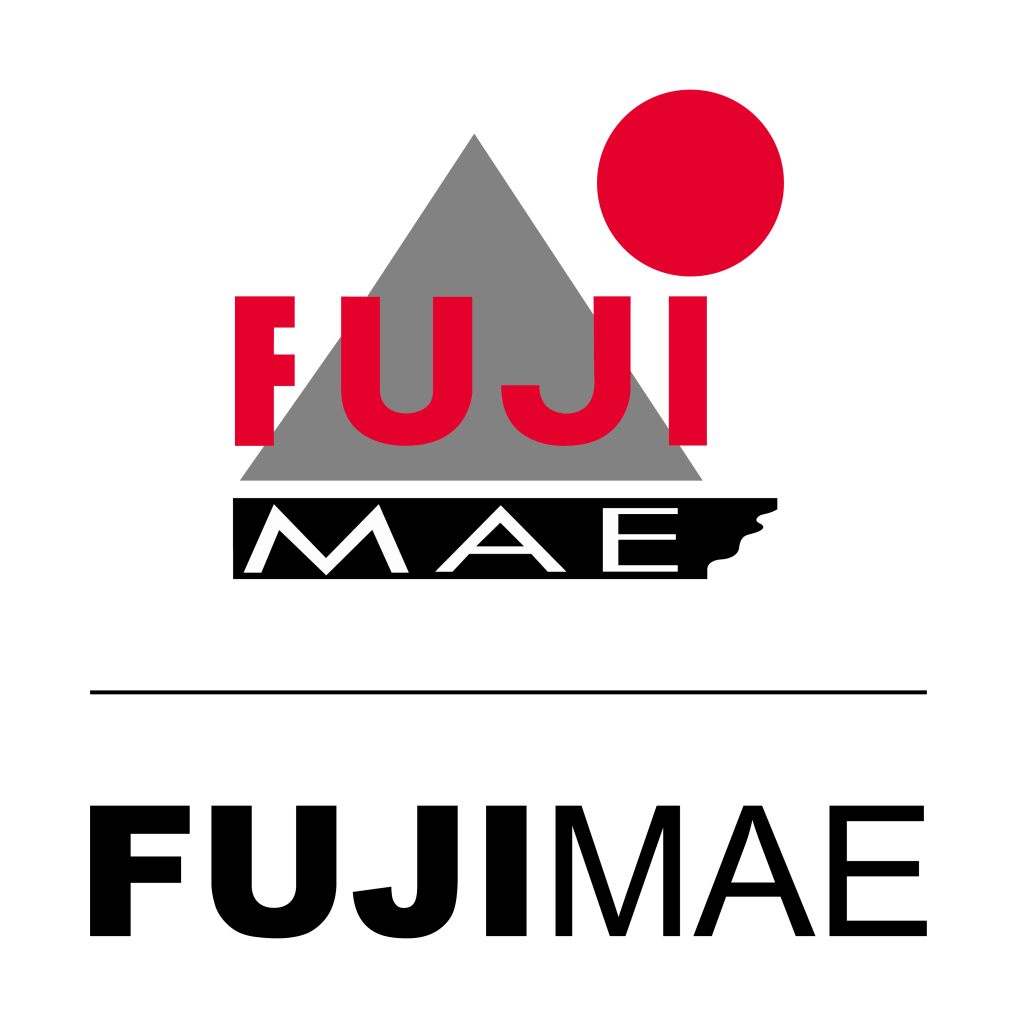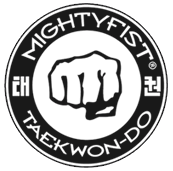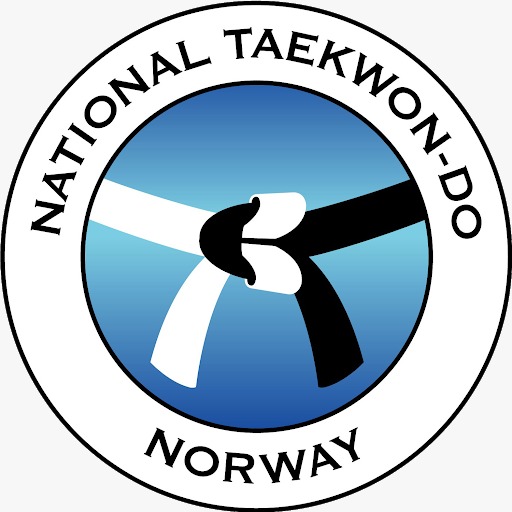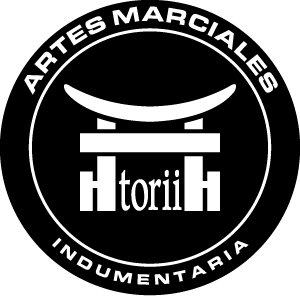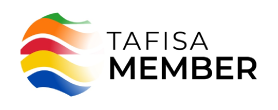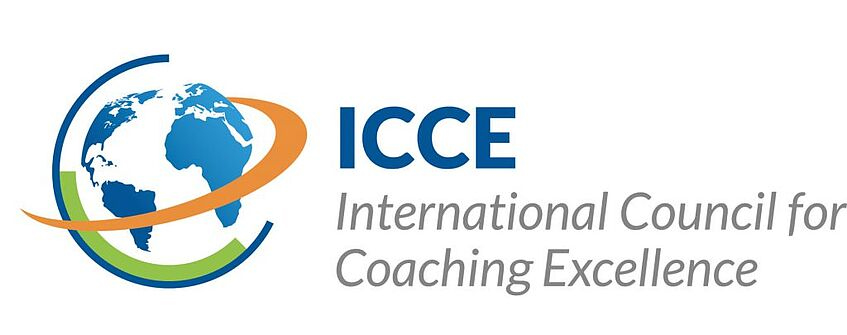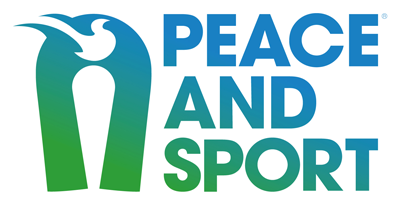The IX Central and South American Championship that took place in the city of Asunción, Paraguay, from June 24 to 30, was the setting where the first ITF Adapted Taekwon-Do competition was held on the American continent.
The road taken to get to that moment was arduous and long.
Since its creation in 2019, the ITF Inclusion Committee developed an official International Adapted Course (IAC), based on the Adapted Taekwon-Do Instructor Guide, in order to train Instructors from around the world about the main characteristics of different conditions and pathologies, and instruct on the appropriate pedagogy and didactics to conduct classes dedicated to people with disabilities.
At the same time, during the last two years, joint work was carried out between the Inclusion Committee and the ITF Umpire Committee to develop the Adapted Taekwon-Do Competition Rules, which were finally finalized recently.
The main individuals of this endeavour were Master Leo Oros Duek and Sbn Anabel Vicario, the first and incumbent chair of the Inclusion Committee, as well as GM Abelardo Benzaquén, chair of the Umpire Committee.
Along with developing of the Rules, a protocol was established to enable the participation of all competitors. In this way and with sufficient advance notice, coaches receive a form that they must complete with information about the student’s pathology, the complexities if any, the acquired skills and other characteristics.
Furthermore, as an essential requirement to be registered as competitors, interested parties must have a disability certificate issued by the health body of their country of origin, as well as a certificate of medical fitness, granted by the professional who treats them.
After registering for the tournament, an online interview is carried out with the coach to dispel doubts and learn details about certain conditions, such as whether the competitor tolerates noise, environments with an audience, lights, etc.
For their part, the training of the ITF umpires was carried out in the First Umpire Course for Adapted Taekwon-Do, on June 1 and 2, in Spanish to precisely prepare the umpires for the championships in Paraguay.
In the IX Central and South American Championship, athletes could compete in two modalities, pattern and free skills (comparable to pre-arranged sparring) which, as its name indicates, allows a series of options to be carried out within a framework of security and containment. Its duration can be between 40 and 60 seconds.
In any of these modalities, they may compete in pairs, one member with a disability and the other can be a companion, the coach, a training partner or the instructor. However, if the competitor needs another companion, he or she can use the option.
The Free Skills modality can be a face-to-face exercise, self-defense, they can break soft elements (for example, styrofoam plates or sheets of paper).
They are also allowed to use music, if they usually train with that resource or if it is part of their therapy or, on the contrary, they can use hearing protectors if the noise disturbs or bothers them.
The hard work of the Committees, coaches, professionals, families and organizers allowed the first Adapted Taekwon-Do competition on American soil to mark a milestone and the starting point for more and new opportunities for inclusion in ITF competitions with disabilities.
In the IX Central and South American Championship held in Paraguay, a key message of the Father of Taekwon-Do, General Choi, was finally fulfilled – a sentence that says that “Taekwon-Do is for Everyone.”










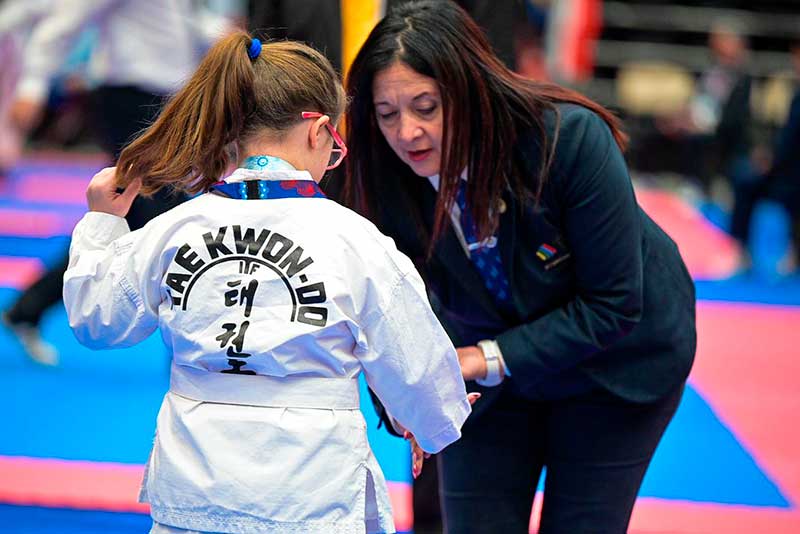
















Photographs courtesy of Communications of the National Sports Secretariat of Paraguay.

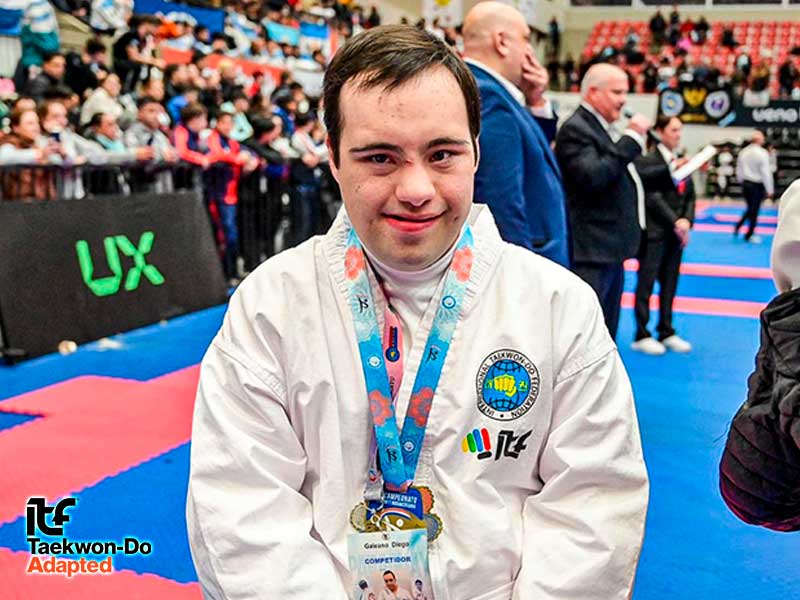

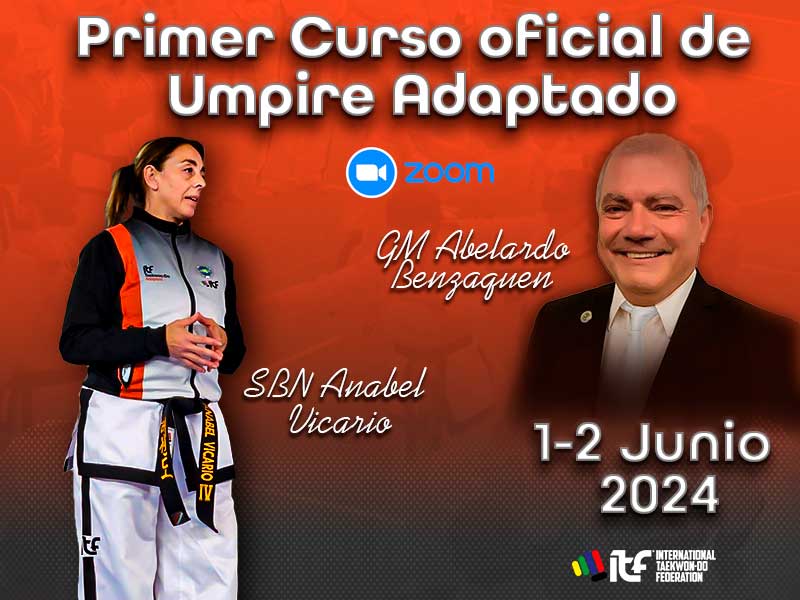
 Opening Ceremony of the IX Central South American Championship
Opening Ceremony of the IX Central South American Championship

